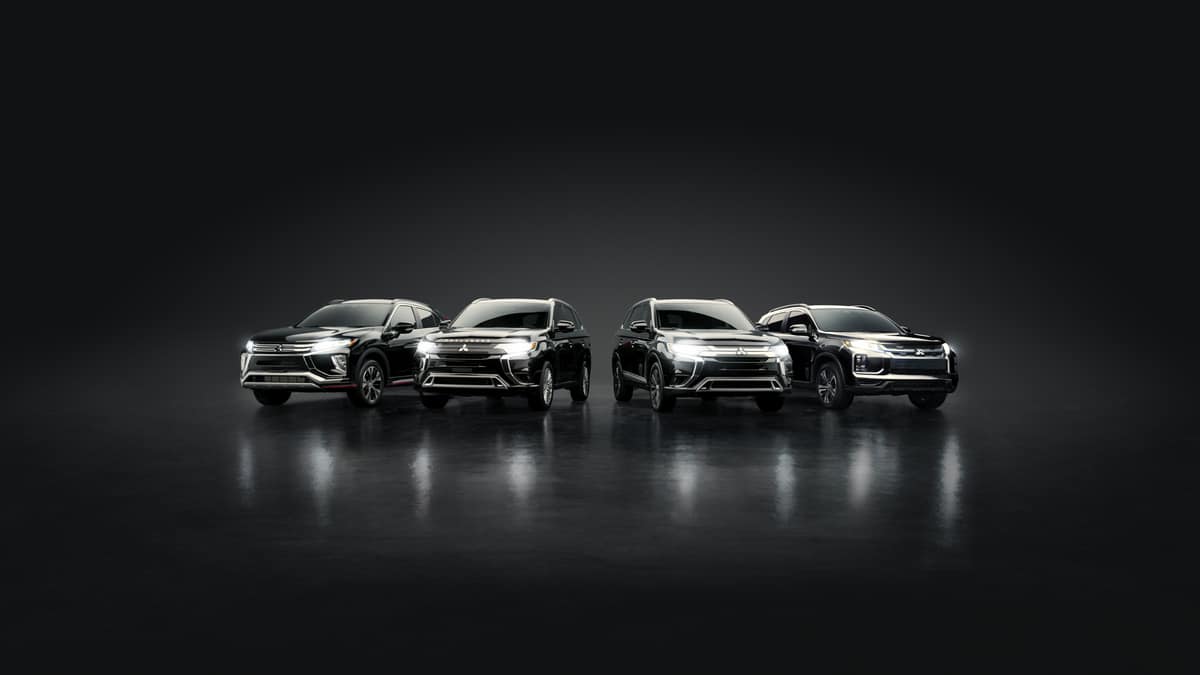The Pros and Cons of Buying a Loaner Car

Photo: Mitsubishi Motors
Many dealerships will offer you a loaner car to drive while your car is receiving major maintenance in the service center. If a particular loaner car catches your eye, you can even purchase it from the dealership. However, before doing so, it’s a good idea to familiarize yourself with the advantages and disadvantages of buying a loaner car.
Choosing the Right Vehicle for You: Benefits of used and new cars
An affordable price
Since loaner cars are used vehicles, they have lower price tags than newer cars. Many automakers will also offer zero-percent financing and factory rebates. As such, if you’re shopping on a budget, a loaner vehicle may be a great option.
Good condition
Drivers utilize loaner vehicles for short periods of time before returning them to the dealership. Drivers may accordingly be more careful with these vehicles than they would be with the vehicles that they own. This means that you can expect loaner cars to be in better condition than other used cars.
Varying mileage and damage
Depending on the automaker, many dealerships are required to have a car in loaner service for at least 90 days. A loaner car can rack up as little as 1,000 miles or even 5,000 miles during that time. Although a car is properly maintained while it’s in loaner service, it can still have uneven tire wear, door dings, and other minor damages, especially if it has higher mileage.
Getting the Best Vehicle You Can: How to properly inspect a used car
If you’re interested in buying a loaner car, be sure to fully look it over and take it out for a test drive to ensure you’re selecting a worthwhile vehicle. It’s also wise to ask the dealership about which, if any, factory warranties the car will come with before purchasing it.
Amanda Drago lives in West Chester, Ohio with her wonderful family, which includes her adorable dog, Coco. Amanda recently graduated from Miami University with degrees in both marketing and creative writing. However, if she was ever forced to change career paths, she imagines that she would train dogs for movies. In her spare time, she enjoys reading, writing, and watching Netflix. She also has a special place in her heart for theatre and purchases tickets to as many shows as she can. See more articles by Amanda.

